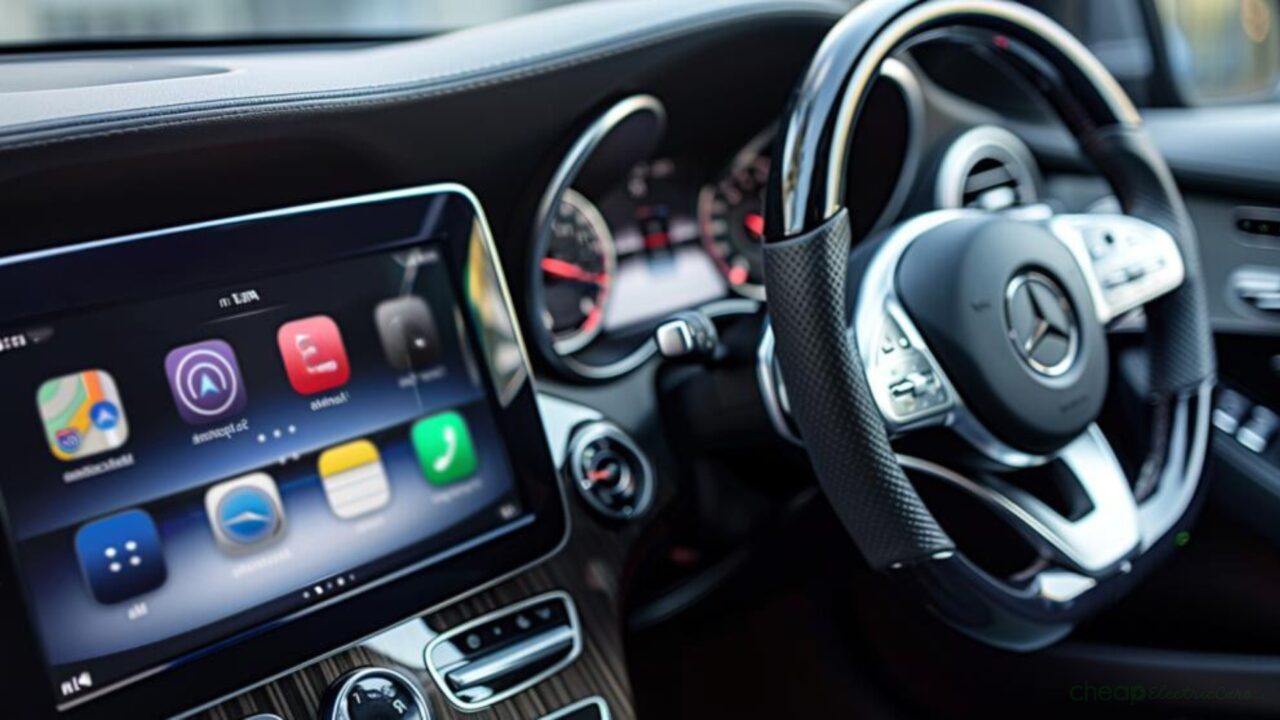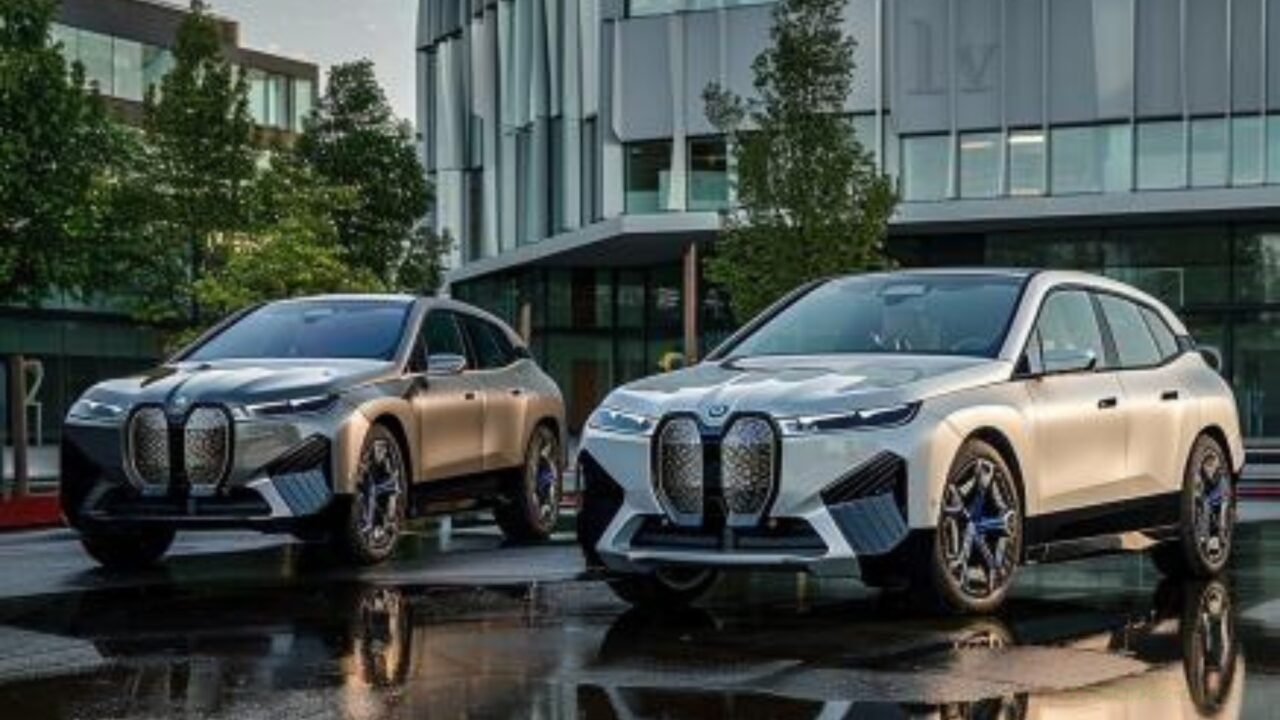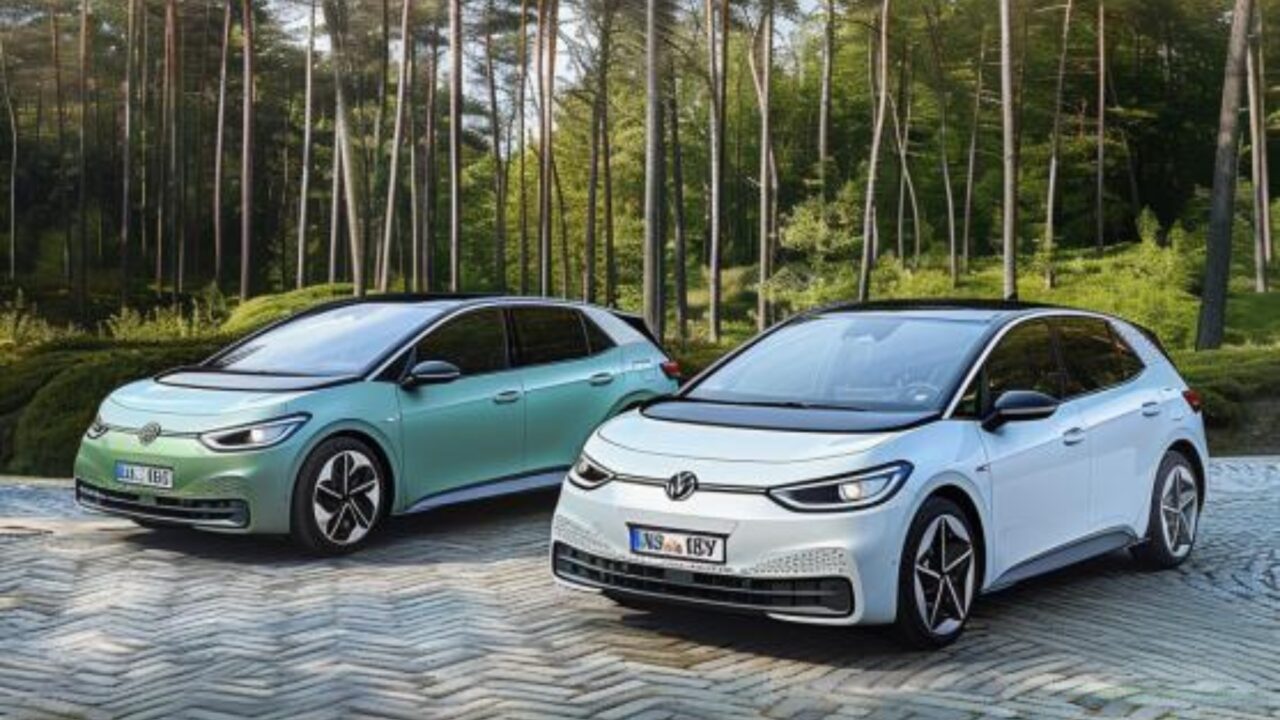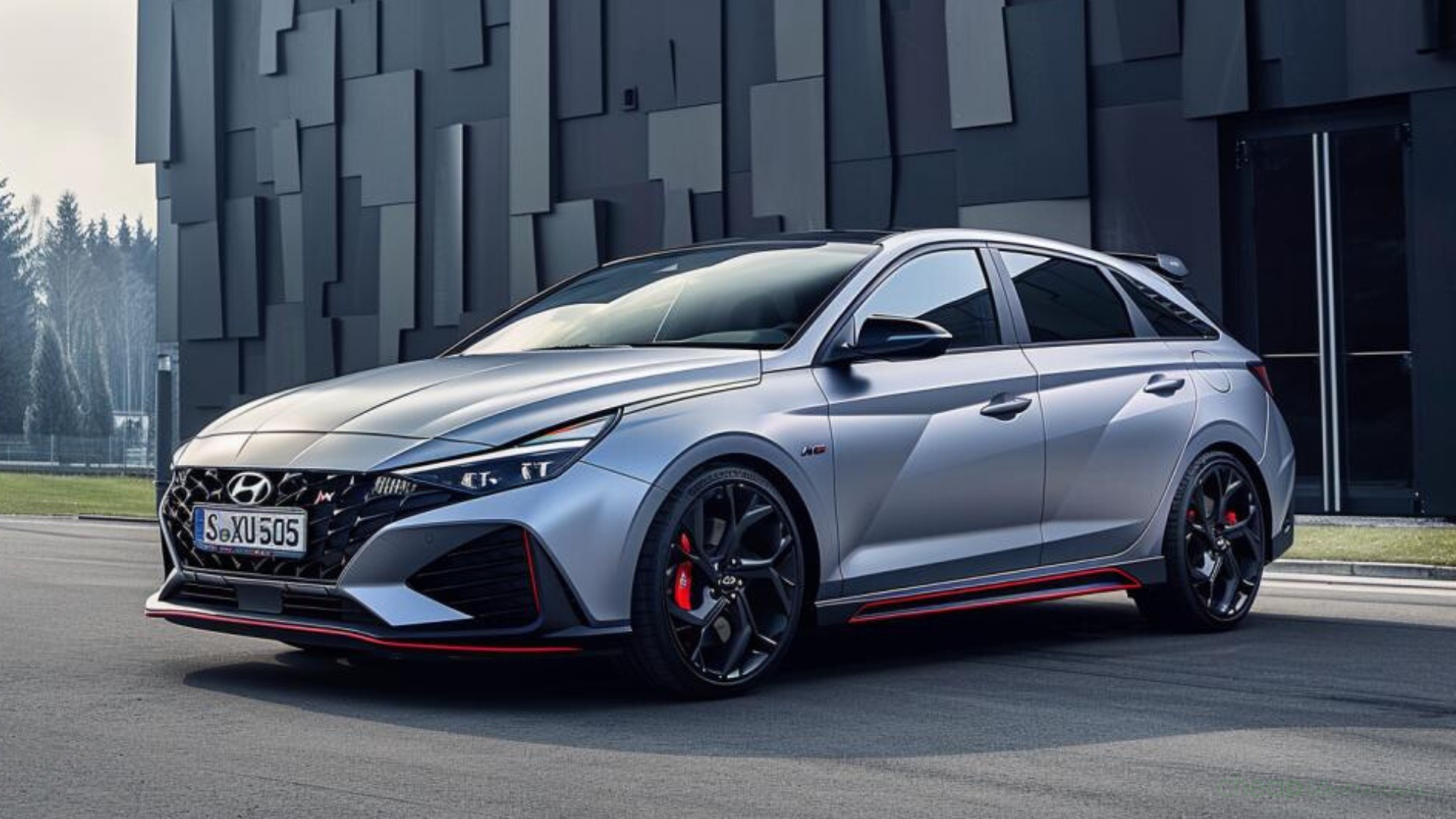The UK’s used car market saw 6.5% growth in Q1 2024, a five-year high. Significant rises in electric and hybrid vehicle sales globally, emphasise a shift towards sustainable driving.
The UK’s used car market witnessed robust growth in the first quarter of 2024, seeing a 6.5% increase to nearly 2 million units, marking the best start to a year since the pre-pandemic era of 2019, reports the Society of Motor Manufacturers and Traders (SMMT). This period represents the fifth consecutive quarter of growth, signalling a strong recovery in the automotive sector.

A total of 1,967,923 used cars were sold in the UK during Q1, despite the figures being 2.6% shy of the pre-Covid levels from the same quarter in 2019. The ongoing recovery in the new car market has led to improved availability, a wider selection of second-hand vehicles, and consistent monthly increases.
The rise in sales is notably driven by the growing interest in environmentally friendly vehicles. Battery electric vehicles (BEVs) saw a dramatic increase of 71.0% in sales, reaching 41,505 units and achieving a record market share of 2.1%. Hybrids and plug-in hybrids also saw significant growth, with sales rising 49.3% and 42.5% respectively.
Despite the surge in electric and hybrid vehicles, conventional petrol and diesel cars continued to dominate the market. Petrol car transactions increased by 7.7% to 1,130,396 units, while diesel sales slightly declined by 1.3% to 697,718 units. Together, these conventional cars comprised 92.9% of all used car sales in the quarter.
Among vehicle types, superminis were the most popular, accounting for a significant portion of the transactions with a 7.2% increase. The lower medium segment saw the largest volume gain with a 9.2% increase, while dual-purpose vehicles got the highest growth at 10.3%.

Mike Hawes, SMMT Chief Executive, commented that there is “more choice and affordability for used car buyers and increasingly, they are choosing to go electric.”
Global EV sales also rise
Global electric vehicle (EV) registrations saw a significant increase, growing 19% year-over-year (YoY) to 1.3 million units according to CleanTechnica. This growth shows the rise of electric vehicles in the auto industry, which now represent 19% of total global auto sales, and 13% of battery electric vehicles (BEVs) alone.
Plugin hybrid vehicles (PHEVs) experienced remarkable growth, with registrations up by 50% YoY in March, marking one of their best months on record.
This includes 1.1 million plugless hybrid vehicles, which also hit a record high in registrations.
Breaking down the figures for plugin electric vehicles, BEVs constituted 65% of all plugin registrations in March, maintaining a consistent majority with 63% of the year-to-date market share.
Top 20 Best Selling EV Models Globally
Tesla’s Model Y continued to lead global sales with an impressive 119,000 units registered in March. Close behind were two models from BYD, the Song and Qin Plus, with the Qin Plus reaching a record 52,305 registrations. This surge allowed it to surpass the Tesla Model 3, which settled in fourth place with 41,000 registrations.

BYD’s influence was further underscored by its presence in the top 10 global sales, with models like the BYD Destroyer 05 achieving a record 19,153 registrations. This growth is partly attributed to BYD’s aggressive pricing strategies.
Other noteworthy performers include the AITO M7 and Volkswagen’s ID.4 and ID.3 models, alongside Audi’s Q4 e-tron. From Volvo’s lineup, the EX30 saw 8,000 registrations just three months post-launch, suggesting a strong future market presence.
The Tesla Model Y maintains its top spot while the BYD Song follows closely. BYD led March’s sales with approximately 287,000 registrations, illustrating the brand’s significant role in shaping the EV market.
Mercedes, Volvo, and Toyota also showed strong performances, with each registering record numbers in March. Particularly, Toyota’s commitment to expanding its EV lineup is evident as it tries to maintain its market presence in China and globally.
As traditional automakers ramp up their EV offerings and new players enter the market, the landscape of the automotive industry continues to evolve rapidly. You can read more on the subject in our post here.
